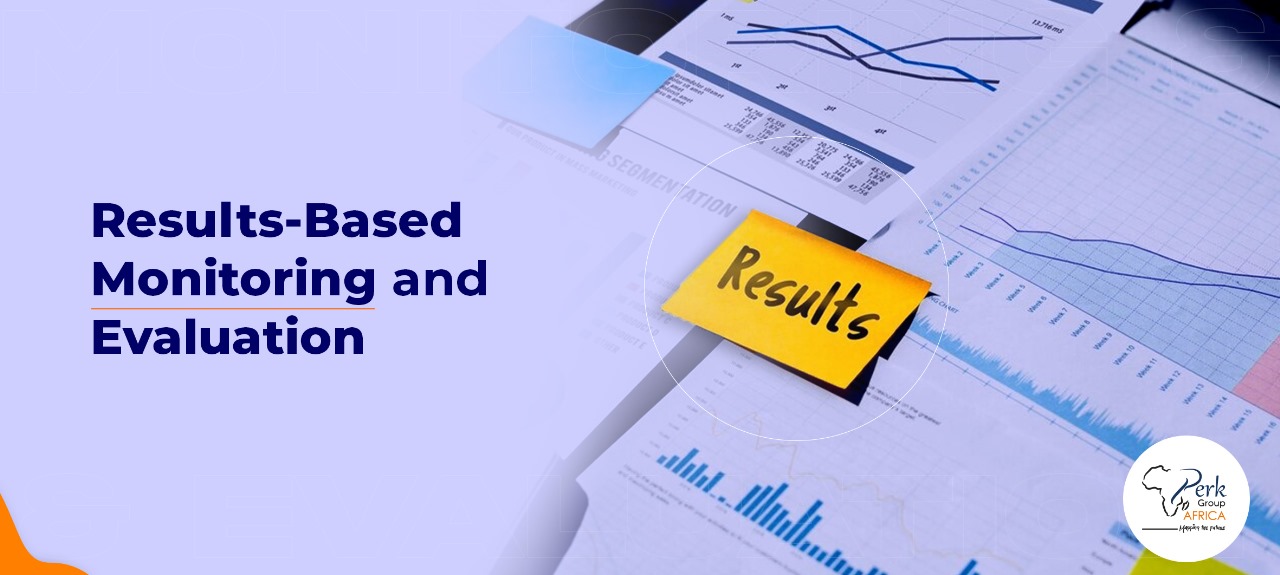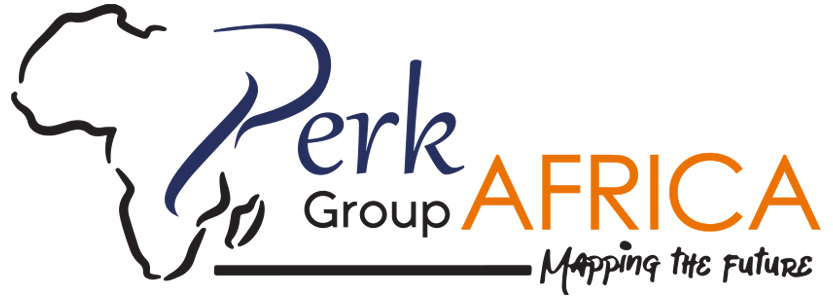
Training Course on Results-Based Monitoring and Evaluation
Course Overview
The five-day course aims to provide participants with a comprehensive overview of results-based monitoring and evaluation (M&E) methods, equipping them with practical tools and techniques essential for planning, organizing, and managing programs and projects. Through a combination of theory and active learning, attendees will explore the links between results-based measurement, monitoring, and program evaluation. The curriculum covers key topics such as theories of change, indicators of outputs and outcomes, designs for evaluation, data collection (including sampling), and data analysis. The course emphasizes an interactive approach, incorporating practical exercises, group work, and informal Q&A sessions to address common M&E challenges. Additionally, participants will receive valuable resources for further study and research in the M&E field. The workshop is designed to facilitate the translation of theory into practice, allowing participants to apply their knowledge to real-world scenarios in their work environments.
Target Participants
This course is designed for researchers, project staff, development practitioners, managers, and decision-makers who are responsible for project or program-level M&E. The course aims to enhance the skills of professionals who need to research, supervise, manage, plan, implement, monitor, and evaluate development projects.
Course Objectives
On completion, you will be able to:
- Understand the essentials of M&E, how to design and implement an M&E system and the factors involved in setting up an M&E unit
- Know where and how M&E fits within the organisational or national framework and strategies for successful integration
- Set up a database to collect, analyse, interpret and report on performance
- Design monitoring systems incorporating routine and ad-hoc data collection and reporting techniques
- Set objectives and design performance indicators and apply M&E techniques to the measurement of outcomes
- Design and implement a computerised M&E database information system
- Create and deliver outcome focused data-based reports that provide value-for-money solutions
Course Duration: 5 days
Course Outline
Module 1: Introduction to Result Based M&E
- Fundamentals of Results Based Management
- Result based M&E cycle
- The emergence of RBM and its development
- RBM Lifecycle (Seven phases)
- Areas of focus of RBM
- Results based management vs traditional projects management
Module 2: What is Monitoring and evaluation?
- Definition of M&E
- Why is M&E important
- M&E and the project cycle management
- Keys principles and concepts in M&E
- Participatory M&E
Module 3: Situation analyses/Needs assessment
- Formative research
- Situation analysis
- Needs assessment
- Tools to conduct a needs assessment
- Illustrative examples of situation analysis and mappings
Module 4: Designing the M&E system
- The result chain approches
- Impact pathways
- Logical framework vs Theory of change
- Developing a theory of change
- Components of a theory of change
Module 5: M&E Frameworks
- Why are M&E frameworks important?
- Considerations when developing an M&E framework
- Steps in developing an M&E framework
- Results frameworks
- Logical frameworks
Module 6: Designing indicators and evidence
- What are indicators?
- Characteristics of good indicators
- Challenges and considerations when selecting indicators
- How many indicators are enough?
- Process versus result/impact indicators
- Process indicators
- Result indicators
- Output indicators
- Outcome indicators
- Impact indicators
- Developing internationally comparable indicators
Module 7: M&E Plans
- Importance of M&E Plan
- Documenting M&E System in the M&E Plan
- Components of an M&E Plan-Monitoring, Evaluation, Data management, Reporting
- M&E plan vs M&E Framework vs M&E System
Module 8: Evaluation Techniques
- Evaluation questions
- Steps to developing evaluation questions
- Illustrative examples
- Designing evaluations for stakeholder benefit and use
- Choice and use of qualitative and quantitative collection instruments
- Participatory data analysis
- Communicating findings meaningfully for comprehensive stakeholder learning
Module 9: Baseline Assessments
- What is baseline data and how is it collected?
- Needs assessment versus baseline study
- Questions to ask about a baseline plan
- What kind of baseline data is necessary, useful and practical to collect?
- Examples of baseline surveys
Module 10: Data Collection and Analysis
- Quantitative data
- Methods for collecting quantitative data
- Challenges and limitations of quantitative methods
- Qualitative data
- Methods for collecting qualitative data
- Pre/post intervention focus group discussions
- Pre/post intervention interviews
- Illustration and example with selected participatory methods
Module 11: M&E Results Use and Communication
- Developing a communications strategy based on evaluation findings.
- Communicating findings to bring about change.
- Presenting M&E results using different media.
- Different uses of M&E results
- M&E Reporting
- M&E results communication strategies
Note: This outline provides a general structure for the training. The specific content, activities, and duration of each session may be adjusted based on the target audience, learning objectives, and available time.
Classroom Training Schedule
| Start Date | End Date | Location | Cost | Apply |
|---|---|---|---|---|
| Jun 23, 2025 | Jun 27, 2025 | Nairobi | $ 1050 | Register |
| Jul 28, 2025 | Aug 01, 2025 | Nairobi | $ 1050 | Register |
| Sep 01, 2025 | Sep 05, 2025 | Nairobi | $ 1050 | Register |
| Oct 06, 2025 | Oct 10, 2025 | Nairobi | $ 1050 | Register |
| Nov 10, 2025 | Nov 14, 2025 | Nairobi | $ 1050 | Register |
| Dec 15, 2025 | Dec 19, 2025 | Nairobi | $ 1050 | Register |
Virtual Training Schedule
| Start Date | End Date | Location | Cost | Apply | |||
|---|---|---|---|---|---|---|---|
| Jun 09, 2025 | Jun 13, 2025 | Online | $ 400 | Register | |||
| Jul 14, 2025 | Jul 18, 2025 | Online | $ 400 | Register | |||
| Aug 18, 2025 | Aug 22, 2025 | Online | $ 400 | Register | |||
| Sep 22, 2025 | Sep 26, 2025 | Online | $ 400 | Register | |||
| Oct 27, 2025 | Oct 31, 2025 | Online | $ 400 | Register | |||
| Dec 01, 2025 | Dec 05, 2025 | Online | $ 400 | Register |
Course Language
This Training course is offered in ENGLISH . Please indicate the language of choice during registration.
Course Delivery
Presentations are well guided, practical exercise, a plenary presentation, and group work. Participants are encouraged to bring any data relevant to their job responsibilities. This is hands-on, product-oriented training and will mostly involve practical exercises. Each participant MUST bring along their own working laptop and android phone.
Certification
Upon completion of training, the participant will be issued with a certificate of Completion.
Tailor-Made Course
3 months post-training support, consultation, and coaching is a guarantee from us and will be available after the course.We can also do this as a tailor-made course to meet organization-wide needs. Contact us to find out more: training@perk-gafrica.com.
